Krishna Institute of Engineering and Technology (KIET), Ghaziabad, Uttar Pradesh has received all the necessary recognition and accreditation from the relevant authorities of the Government of India.
Recognization & Accreditations Krishna Institute Of Engineering And Technology (KIET), Ghaziabad
Krishna Institute of Engineering and Technology (KIET) in Ghaziabad is a prominent educational institution committed to providing excellence in engineering and technology education. Recognized for its academic prowess, innovative teaching methodologies, and holistic approach to student development, KIET has garnered numerous accolades and accreditations. The various recognitions and affiliations that underscore KIET's dedication to delivering high-quality education. Established with the vision of nurturing skilled professionals and promoting technological advancements, KIET stands as a leading engineering institute in Ghaziabad. The institution offers a diverse range of undergraduate and postgraduate programs in engineering and technology. KIET is known for its state-of-the-art infrastructure, experienced faculty, and commitment to producing engineers equipped for the challenges of the modern world.
Accreditations and Recognitions
-
Approval by the All India Council for Technical Education (AICTE): KIET operates with the approval of the All India Council for Technical Education (AICTE), the statutory body that ensures the quality and standards of technical education in India. This accreditation is a testament to KIET's commitment to maintaining high educational standards.
-
National Board of Accreditation (NBA) Accredited Programs: Several programs offered by KIET have received accreditation from the National Board of Accreditation (NBA). This prestigious recognition signifies that the institute's programs meet the rigorous quality standards set by the NBA, enhancing the credibility and value of the degrees awarded.
National Institutional Ranking Framework (NIRF) Ranking: KIET has consistently secured positions in the National Institutional Ranking Framework (NIRF), a methodology adopted by the Ministry of Education, Government of India, for ranking educational institutions across the country. This recognition reflects KIET's standing among the top engineering institutes in India.
Academic Programs and Curriculum Excellence
-
Bachelor of Technology (B.Tech) Programs: KIET offers a range of B.Tech programs in various engineering disciplines, including Computer Science, Mechanical Engineering, Electronics and Communication, and Civil Engineering. The curriculum is designed to provide a strong foundation in theoretical concepts and practical applications.
-
Master of Technology (M.Tech) Programs: The M.Tech programs at KIET are tailored to provide specialized knowledge in specific engineering domains. These programs focus on advanced topics, research, and industry-relevant skills.
Industry Integration and Practical Exposure
-
Collaborations with Industry Giants: KIET actively collaborates with industry giants to bridge the gap between academic learning and industry requirements. These collaborations result in industry-sponsored projects, internships, and workshops, providing students with real-world exposure.
-
Internship and Training Programs: Recognizing the importance of practical experience, KIET facilitates internships and training programs with leading companies. Students have the opportunity to apply their theoretical knowledge in a professional setting, gaining valuable insights into industry practices.
State-of-the-Art Infrastructure
-
Modern Laboratories and Workspaces: KIET boasts modern laboratories equipped with the latest technology to facilitate hands-on learning. Specialized workspaces for each engineering discipline provide students with a conducive environment for experimentation and innovation.
-
Innovation and Incubation Center: The institute houses an Innovation and Incubation Center to nurture entrepreneurial spirit among students. This center provides resources, mentorship, and infrastructure for students to transform innovative ideas into viable projects.
Research and Publications
-
Faculty-Led Research Initiatives: KIET encourages faculty members to engage in cutting-edge research. The institute supports faculty-led research initiatives, contributing to advancements in engineering and technology.
-
Student Research Conferences: KIET organizes conferences and symposiums where students can present their research findings. This platform not only provides exposure but also fosters a culture of research and inquiry among students.
Placement Records and Industry Relations
-
Dedicated Training and Placement Cell: KIET has a dedicated Training and Placement Cell that works towards securing employment opportunities for its students. The cell organizes placement drives, workshops, and skill development sessions to enhance students' employability.
-
Industry Seminars and Expert Talks: The institute regularly hosts seminars and expert talks featuring industry professionals. These events provide students with insights into industry trends, expectations, and career opportunities.
International Collaborations and Global Exposure
-
Student Exchange Programs: KIET facilitates student exchange programs with reputed international universities. This initiative allows students to experience diverse cultures, and academic environments, and gain a global perspective.
-
International Conferences and Workshops: The institute encourages students and faculty to participate in international conferences and workshops. This exposure ensures that KIET remains aligned with global engineering advancements.
Community Engagement and Social Initiatives
-
Community Development Projects: KIET actively engages in community development projects. These initiatives include skill development programs, awareness campaigns, and projects aimed at addressing social issues.
-
Tech-Driven Social Initiatives: Leveraging technology for social impact, KIET initiates projects that use engineering solutions to address societal challenges. This approach instills a sense of social responsibility among students.
Continuous Learning and Professional Development
-
Skill Enhancement Programs: KIET conducts skill enhancement programs covering a range of competencies. Workshops on communication skills, leadership, and technical skills prepare students for the demands of the professional world.
-
Alumni Mentorship Programs: The institute maintains a strong alumni network that actively participates in mentorship programs. Alumni, with their industry experience, guide and mentor current students, providing valuable insights into career paths and industry trends.
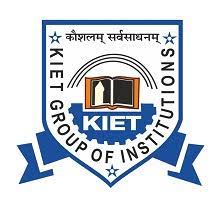
 Ghaziabad, Uttar Pradesh
Ghaziabad, Uttar Pradesh
 Collage
Collage
 1998
1998
 AICTE, NAAC, NBA, NIRF, ARIIA
AICTE, NAAC, NBA, NIRF, ARIIA

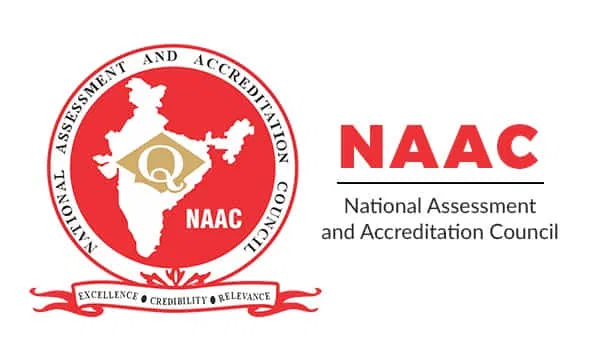
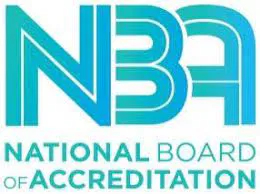
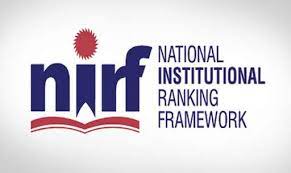
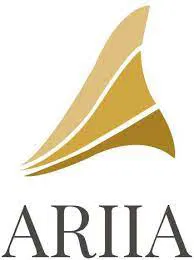


 back
back